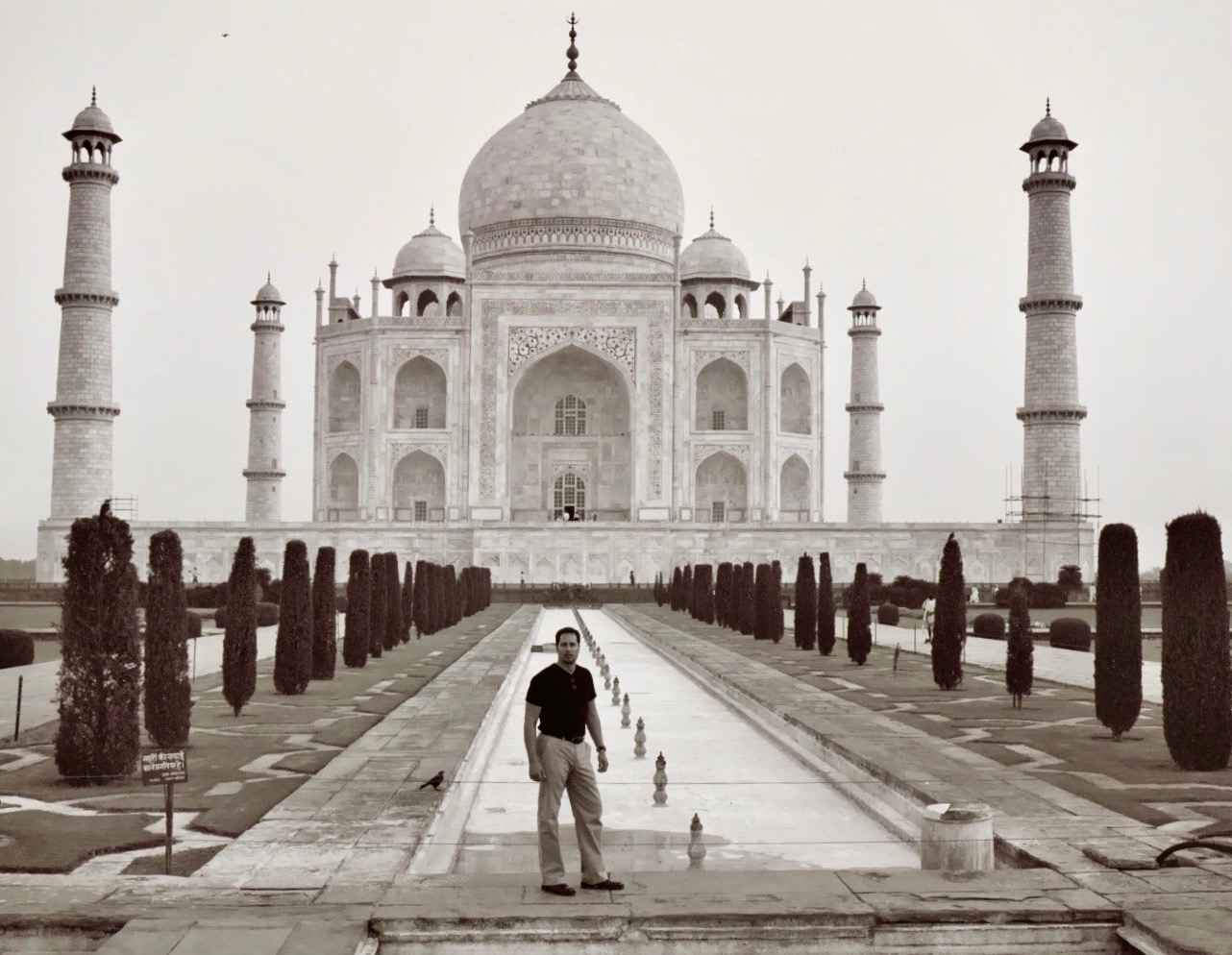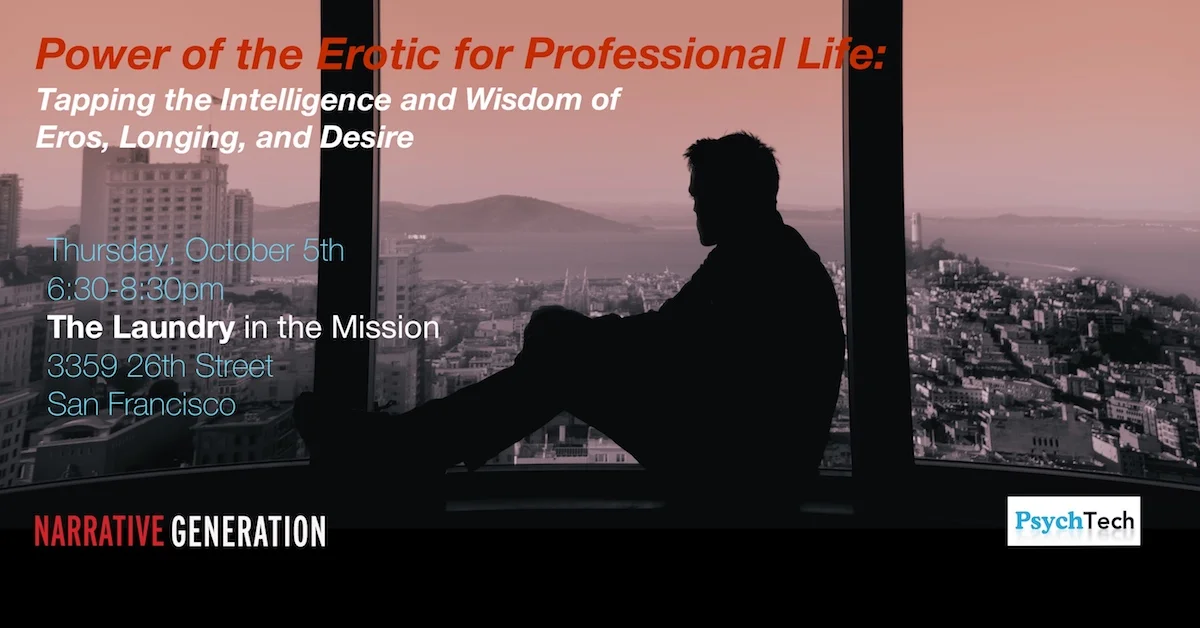As the financial crash of 2008 swept the globe and businesses shrank overnight, I decided to put aside a nearly completed manuscript I had been working on for more than a year. I placed it in a marked box and tossed it into storage where it remained for the next ten years. By complete surprise, late last year I awoke from a mysterious dream that sought to bring this book back to life. I reluctantly dug out the long-forgotten work, dusted off the old pages and found the research I had collected. As I began reviewing it again, I came to realize that I had quite unconsciously laid out on its pages a rough blueprint for my life, much of which had transpired over the unfolding decade. The numinous dream had purposely brought me back to the original spark of this important personal work.
The Missing Dimension is an examination of the nature of individuation, spirituality, and the dynamics of consciousness in a search for meaning—mostly emerging from a winding personal journey through various clinical treatment settings, the halls of Congress, corporate boardrooms, and from visits to spiritual outposts such as the temple of the Dalai Lama.
Through collected stories and research, this book provides just one spectrum of possibility in our world—through an exploration of how we approach relationships, business, politics, psychology, and spirituality.
An excerpt from Chapter 2:
“Ascending to Dharamsala, I felt great relief from the fourteen-hour drive from New Delhi, which included navigating hundreds of narrow blind curves above sheer mountain inclines. I settled into a hotel in the village where, every morning, I watched day break over the glistening white snow-covered Himalayas, as the sound of the Dalai Lama leading monks in their morning chants echoed through the valley below my window. In the evening, from the same window, I watched the lights go out in his home as the sunlight faded across the Kangra Valley below. I stood in enchantment at every turn. Across India there is disease, hunger, begging, pollution, and smells so rotten they turn the stomach. Yet there is the magical chanting of monks, the smell of incense flowing from ancient temples, women in brilliantly colored silks, spices that bring the senses alive, and the unforgettable eyes of the people, large and engaging. It is as difficult as it is life giving.
“Many mornings and afternoons, I attended the Dalai Lama’s teachings at the temple near his home. Welcoming a few hundred people into the temple square, he sat atop a beautiful platform in the lotus position for hours, his chanting interspersed with teaching and funny stories. His laughter and smile infected the crowds. He could speak for hours about a single word or phrase from ancient texts. I remember thinking, “he seems the humblest person in the world.” It is easy to admire such a simple and joyful man. His positive energy could be felt everywhere in the village. Among the monks I spoke with, I never heard a word of complaint, only gratitude and commitment to their learning. To escape Chinese oppression, many had traveled on foot long distances over the most rugged mountains in the world. Yet they viewed their experiences without personal attachment. I felt their gracious sense of altruism and compassion.
“Some days I would set off walking out of the village and into the mountains to be alone. While hiking one morning along a deserted road, I saw a monk emerge like a vision from a high trail leading into the forest. He spoke no English and could not tell me where the trail led. But I took a chance, listening to my inner voice, and followed the trail straight up the mountain for forty minutes. After coming through thick brush, I arrived at the top of a small peak. I thought I would find a scenic vista or glacial lake. But instead, I discovered a Tibetan refugee school. Like a dream within a dream, I was suddenly surrounded by the most wonderful, loving children I had ever seen. Standing there amongst the children, I met a smiling monk who taught at the school. In an immediate act of friendship, he kindly led me around the grounds and talked to me about the school. As we walked grounds, I saw children washing their own clothes, cooking meals, and taking care of one another. I cannot explain how profoundly humbled and warmed I was by their instantaneous kindness. I could feel the powerful archetypal energy of the innocents and orphans in the pristine landscapes all around me. The place brought me to tears. It was a blessing.
“As I walked the trail back to town alone, I felt clarity about my life coming to me. I was learning about them, but finding me. All of a sudden, I began enjoying my own company and feeling moved by the smallest sights. Filled with wonder, and sometimes with fear, I let myself be guided each day by my heart. There was something spiritual about this place, which I find hard to describe. These are compassionate people who lost their homeland. They are refugees who know great loss and suffering, but who choose to practice loving kindness everyday. Spinning prayer wheels, chanting, and meditating, they are constantly focused on being more content and peaceful. I never experienced such harmony in the presence of life’s cruel circumstances. Love and poverty coexist here in miraculous ways. The more I engaged with them, the more I came to realize how much suffering I was placing on myself. But here I found a deep sense of peace, not only from being with the Dalai Lama and the monks, but from rediscovering who I was by surrendering my attachments and listening to the powerful voices within me.
“The calling to go immediately on this journey was not for an adventure, but rather to reconnect with the flow of life. And, this is the point. It does not matter whether we travel to India or begin a new business or create a masterpiece, the only way we are served in life is by discovering who we are and what we are here to do. Nothing else matters. My calling to go on a journey had nothing to do with the journey itself, the Dalai Lama or India, it was about listening and acting from the intelligence and wisdom within.”











